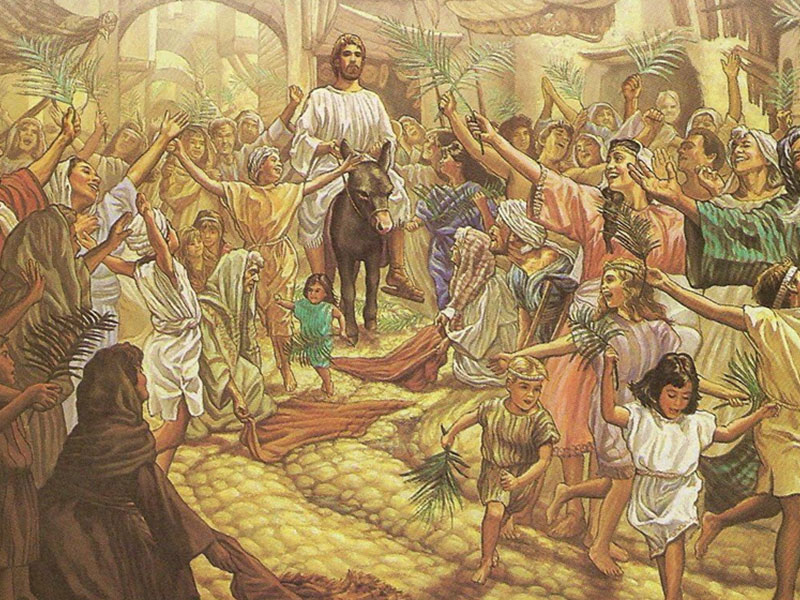Jesus of Nazareth split time in two. The Roman Catholic church designated the division as BC and AD, “Before Christ” and “Anno Domini” (Latin for “the year of our Lord”). Since then time measures world-wide have followed this custom, even among nations that were not Christian.
In a relatively recent attempt by Jewish writers to circumvent calling Jesus “Lord” (AD) and “Christ” (BC) there has been an alternate system of reference to “BCE” (Before Common Era) and “CE” (Common Era) that has come into usage with increasing following.
However, this alternate system has the profane effect of calling Yeshua and Time as it relates to Him “Common”—which is an insult to His holiness and to the people who follow Him. The term “Common” is a denial of His holiness and can be considered at times to designate impurity. As to the time measure that relates to His first coming, the term “Common Era” is calling the “Christian Era” profane—unholy. For Christians who understand what this system is indicating the usage is untenable. There is nothing common or impure or unclean about Jesus or about the time of the world that relates to Him. Quite the opposite: Yeshua is the Sanctifier of Humanity and of the World at large.
How are Christians and Jews who are attempting to draw near to one another to deal with this? Personally, I will continue to refer to Him in terms of the Christian usage and do my best to tolerate the usage by Jews of their system, understanding their sensitivity just as I expect them to understand mine. (When writing or speaking to a Jewish audience I may use a descriptive phrase, such as “the time since the coming of Jesus of Nazareth” to circumvent both sensitivities.) Christians cannot for any reason ascribe “Common-ness or Profanity” to Jesus or the Age of Messiah that He has inaugurated. And Jews cannot call him “Lord” unless they come to faith in him as their Messiah. The standoff must remain formally, while patience with each other must rule intermediately.
The understanding of the biblical Messiah is complex. Before Yeshua came, the understanding was purely biblical. Prophecies about Him fall into two primary categories: as “Messiah ben Joseph,” a suffering Messiah who makes complete Atonement for the nation and for the world (e.g. Isaiah 53) and as “Messiah ben David” who is a “Temporal, Conqueror-Messiah” who re-establishes the Monarchy of Israel in which the nation of the twelve tribes (including the regathered “Lost Tribes”) is re-constituted in the Land of Israel and functioning under God as a free state not inhibited by foreign powers (e.g., Ezekiel 37:24).
When Yeshua of Nazareth came, He fulfilled the first prophetic profile, the Suffering, and Atoning Messiah. The Jews who rejected Him did so based on believing that the Messiah was to come as the Conqueror rather than as the person they discovered Yeshua to be—one who was a purifier of His people spiritually. When He overthrew the money-tables in the temple and rebuked the hypocrisy of the leaders of the people He turned that segment of the nation vehemently against Him. They saw Him not as a Savior but as a threat. We all know the history of what followed that rift in the people of Israel.
Today, there is a remarkable shift happening in the world: God has re-established the nation as an independent state among the states of the world. And God has enlarged the influence of His Son Jesus to such an extent that Jesus cannot be written off as were the many false messiahs that came before and after Him.
How are we to deal with this?
We must be patient and let God be God. He is in charge of history. The Jewish people are His people (and ours too, by the way). And the Christian people are His people (and the brothers and sisters of the Jews too, by the way).
I, for one, am okay with this. And I am amazed to watch the Great Master weave the events of Time (AD or _E) so that His Holiness results in us all.

